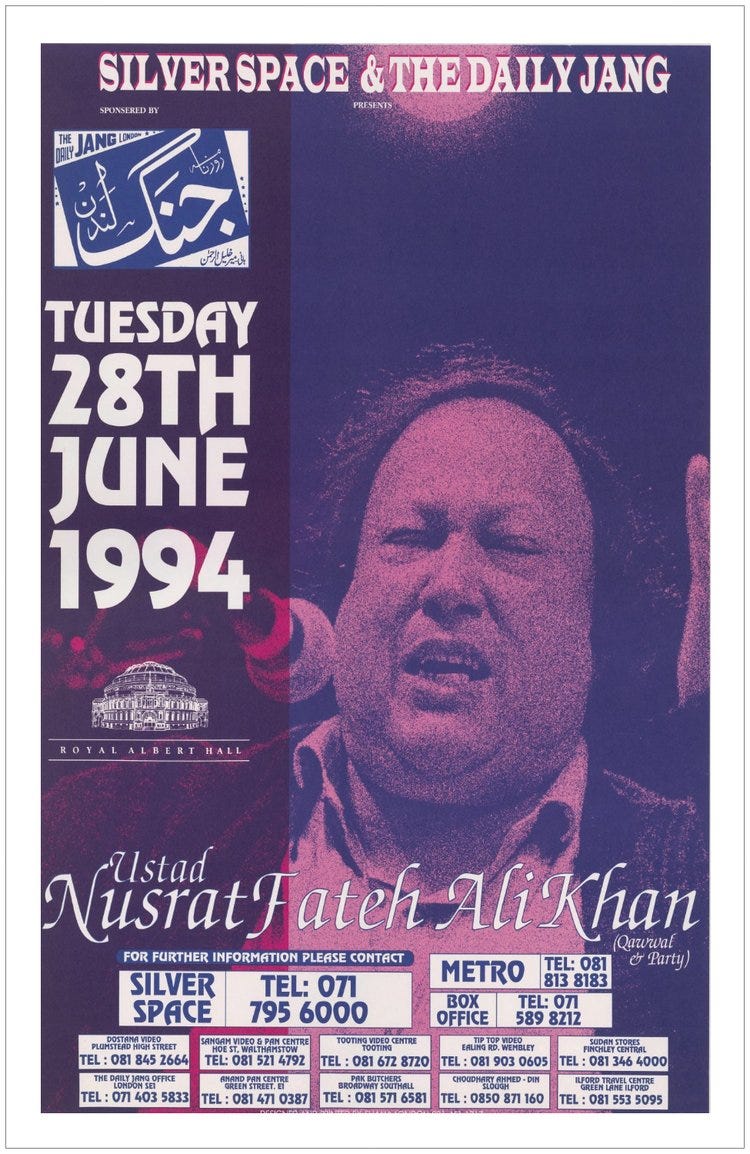The Maritime Border of India and Pakistan: How fishermen become victims of invisible sea borders
Words by Konkana Ray
Welcome to the Brown History Newsletter. If you’re enjoying this labor of love, please do consider becoming a paid subscriber. Your contribution would help pay the writers and illustrators and support this weekly publication. If you like to submit a writing piece, please send me a pitch by email at brownhistory1947@gmail.com.
Don’t forget to check out our SHOP and our Podcast.

The Maritime Border of India and Pakistan: How fishermen become victims of invisible sea borders

“We're Prisoners of War,” Chacko said. “Our dreams have been doctored. We belong nowhere. We sail unanchored on troubled seas. We may never be allowed ashore. Our sorrows will never be sad enough. Our joys never happy enough. Our dreams never big enough. Our lives never important enough. To matter.”
-The God of Small Things, Arundhati Roy.
In November 2023, eighty fishermen from different parts of the Indian state of Gujarat were released from a jail in Karachi, Pakistan and sent back home to India. These fishermen were caught by Pakistani authorities nearly three years back on the accusation of fishing in the waters of that country. Earlier in May and June, the Pakistan government released nearly 400 Indian fishermen who were arrested under similar charges. As per records of the India-Pakistan People's Forum for Peace and Democracy, 173 Indian fishermen are still languishing in Pakistani jails while around 97 Pakistani fishermen are stuck in Indian jails.
India and Pakistan, the two neighboring countries of South Asia, are known to have followed a path of mutual animosity since their independence as new nations. They share a complex and often tense relationship, primarily stemming from historical, political, and territorial issues. Stories of the 'big' and 'visible' points of conflict between the two such as Partition, Kashmir, Kargil, nuclear politics, the Indo-Pak wars, and terrorist attacks have garnered enormous attention. However, there has been scant mention of the less spectacular, everyday conflicts fomented across these nations, which are equally, if not more, damaging, and directly impacting the lives of the common many.
Every year, fishermen from India and Pakistan accidentally cross each other’s maritime borders, are arrested and land up in jails for having entered each other's arena. Both accuse each other’s naval officials of ‘illegal’ apprehension. According to first-hand stories from these victims- one moment they were fishing, and the next the other country’s navy was chasing them, for traversing an imaginary undefined line between Pakistan and India. These fishermen then spent years in a foreign jail, waiting for higher authorities to decide their fate.




